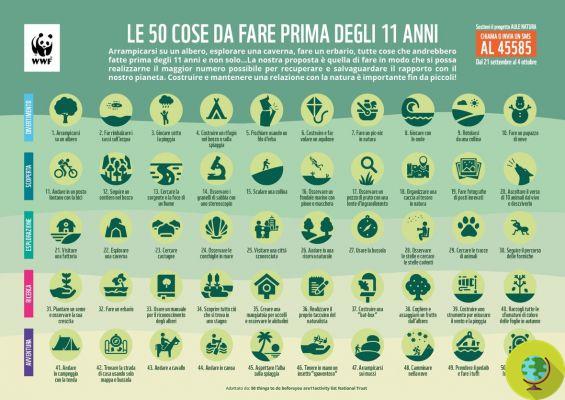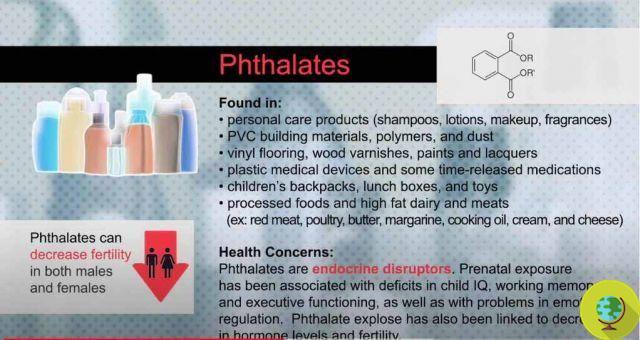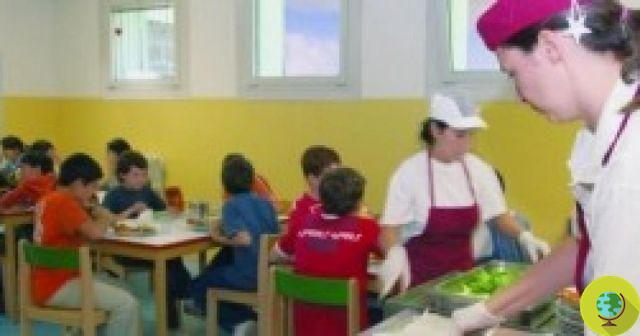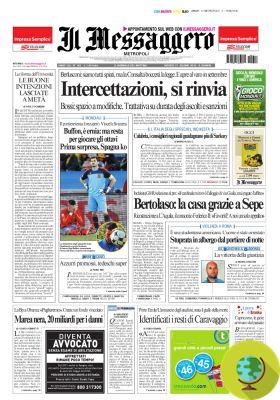New findings on the consequences of erucic acid raise concern for the damage it can cause to newborns and infants
Don't store avocado like this: it's dangerousNew findings on the consequences of erucic acid, present in rapeseed oil and therefore in many industrially processed foods, raise concern for the damage this can cause to the development of newborns and infants.
THEerucic acid is an omega-9 fatty acid found in many oil seeds, including rapeseed and mustard seeds. Vegetables such as broccoli, kale, Brussels sprouts, and Rosolini's old cabbage are also natural sources of erucic acid. However, most of our daily intake of this acid is devious, because the oil extracted from rapeseed is used very frequently in food processing and in the preparation of confectionery, baked goods and animal feed.
Indeed, a significant derivative of erucic acid (erucamide) is widely used in the food packaging sector - in particular for packages made of polymeric materials such as polyethylene (PE) and polypropylene (PP): the risk of migration is not so rare. of this amide from the polymeric material of the container to the foods with which it is placed in contact.
There are in fact numerous side effects of an excessive intake of erucic acid. In fact, like other long-chain fatty acids, it is poorly oxidized by the mitochondrial β-oxidation system, and therefore tends to be deposited in cells. One of the main effects of this is the development of myocardial lipidosis (resulting in heart injury).
In addition, weight changes of some internal organs were also observed. With the Delegated Regulation (EU) 2019/828, the European Union established that the maximum content of rapeseed oil allowed is equal to 0,4% of the total fat content. The daily dose tolerable by the human body without health consequences, according to experts, is 7 milligrams per kilogram of body weight (mg / kg bw) per day.
Already in 2015 our Ministry of Health had expressed itself on the risks for humans connected to the intake of erucic acid. Now also the Federal Institute for Risk Assessment (BFR) conducted a study to evaluate the safety of erucic acid intake - particularly with regard to newborns and infants via infant formula, follow-on milk and baby food.
According to the German institute, ingestion of erucic acid through infant formula and industrially processed baby food is associated with an increased risk to the health of babies aged 0 to 12 months. Therefore, it is recommended that you read the labels of breast milk replacement products and infant feeding products carefully, so as not to exceed the daily intake of this fatty acid.
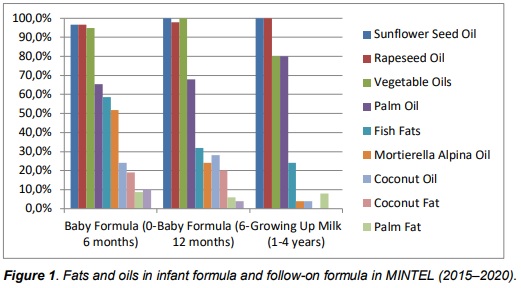
Credits: BFR
Sources: BFR Bund / Ministry of Health
- Follow your Telegram | Instagram | Facebook | TikTok | Youtube
We also recommend:
- Rapeseed oil: a much debated vegetable oil. Is it healthy or harmful?
- Cold tea in the bottle, too many sugars and additives: the nutritionist's advice
- Artificial milk for babies: find mycotoxins (and even antibiotics). The test on the best known brands




